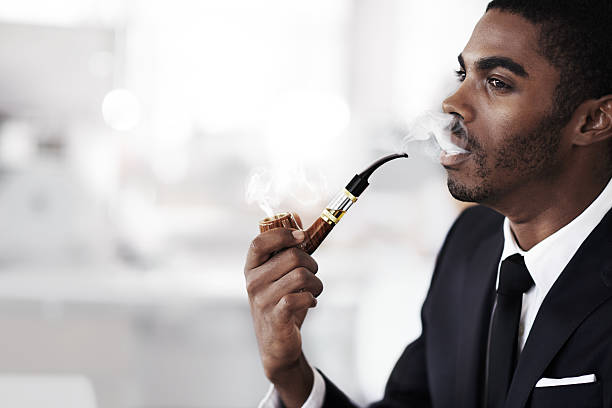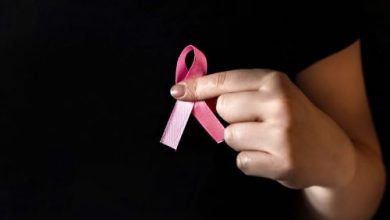Is Pipe Smoking Bad for You? Here’s How It Affects Your Health – BlackDoctor.org


You’ve likely heard that smoking cigarettes raises your risk for lung cancer, heart disease and stroke, but what about pipe smoking?
Like cigarettes, smoking a pipe can have serious health consequences. Here, experts discuss the similarities and differences between pipe and cigarette smoking and how tobacco use increases your risk for several diseases. You’ll also discover some scientifically sound tips for kicking your tobacco habit.
What is pipe smoking?
According to the National Center for Health Research (NCHR), pipe smoking uses fire-cured loose-leaf tobacco that is burned (lit) in a bowl. Cigarette smoking is similar and also uses loose-leaf tobacco, but it’s rolled in paper and burned.
The University of Rochester Medical Center explains that whenever tobacco is burned, whether in a pipe or a cigarette, it releases poisons and harmful toxins such as:
- Cyanide
- Lead
- Arsenic
- Carbon monoxide
- Nicotine
- Tar
Smoking a hookah or water pipe isn’t safe, either, according to the Mayo Clinic, because it contains tobacco that’s no less harmful to your health than cigarettes.
Pipe smoking effects on your health
There are thousands of chemicals in tobacco smoke — including at least 70 that are known to cause cancer, according to the American Cancer Society. For this reason, the U.S. Food and Drug Administration says that burned tobacco is the most harmful form of tobacco.
Some people who smoke pipes don’t inhale or smoke as much as those who use cigarettes and therefore aren’t at as great a risk for health problems. However, OncoLink notes that smoking a pipe still puts you at a greater risk than nonsmokers for developing a number of serious diseases, including:
- Oral (mouth, tongue and lip) cancer
- Esophageal cancer
- Voice box (larynx) cancer
- Cancer of the nasal cavity
- Lung cancer
- Liver cancer
- Bladder cancer
- Lung disease
- Heart disease
- Stroke
According to the American Medical Association (AMA), you also run a greater risk of having respiratory tract infections when you smoke tobacco — including COVID-19.
What are early signs of oral cancer?
“There are several known risk factors that could increase your risk for developing oral cancer,” Mayo Clinic medical oncologist Dr. Katharine Price, explained in a video. “If you use any kind of tobacco — cigarettes, cigars, pipes, chewing tobacco and others — you’re at a greater risk.”
The Mayo Clinic says to watch out for these early symptoms of oral cancer:



